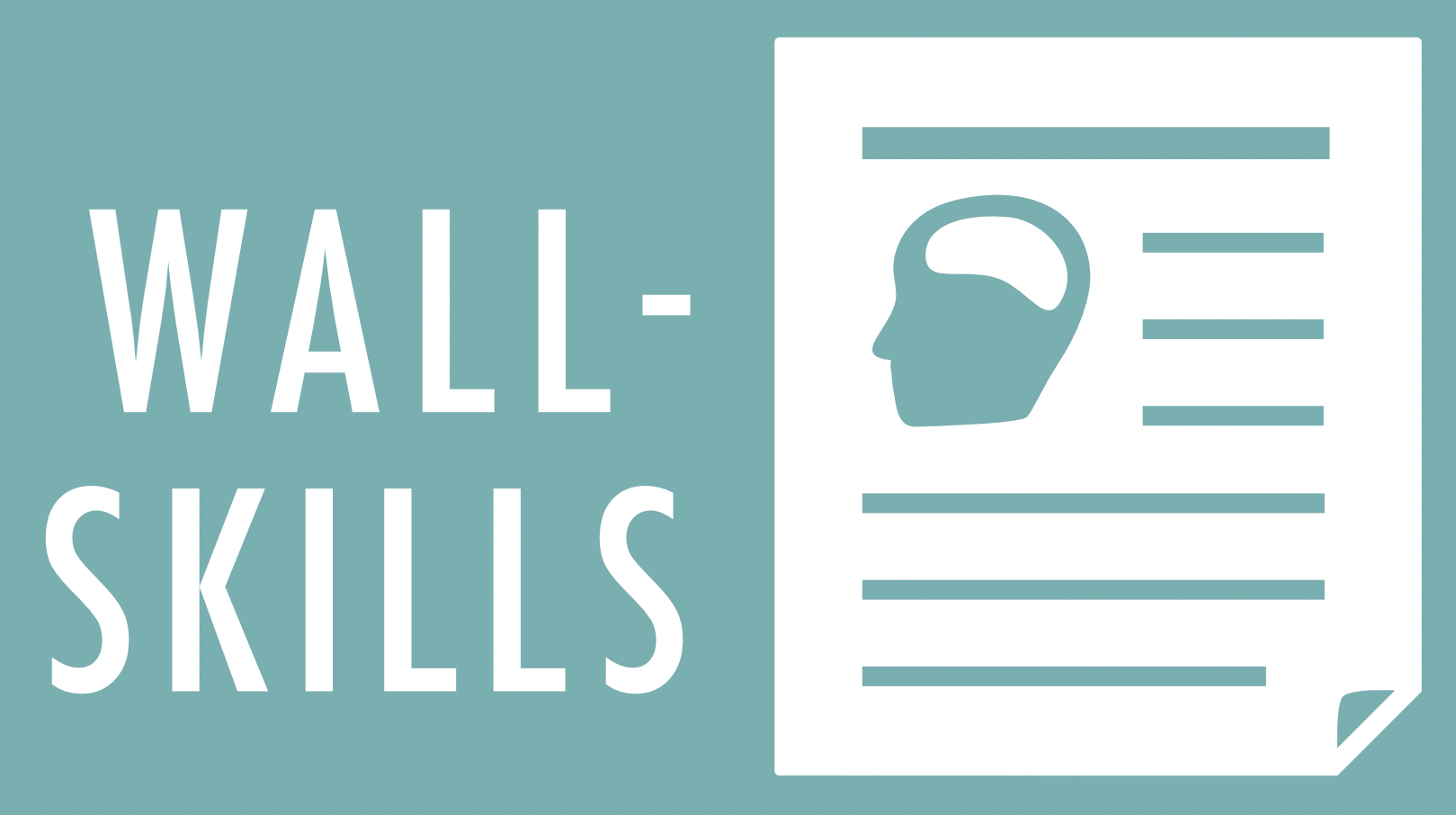Where does Kanban come from and what are its basic steps? Find out with this handy 1-pager by Roland Wolters.
Are you a budding Product Owner? Check out our compilation "Skills for Successful Product Owners"
Content of the 1-Pager:
Developed at Toyota in the 1940’s, designed as a pull-based, self-stocking system for automobile production. Adopted as a software development management technique in 2003, focusing on “work in progress” limitation to achieve short cycle times (= time from start to finish).
The 5 steps:
- Visualize The Workflow
Identify the stages in your project. Capture them on a board. Each stage is a column. Cards represent the tasks that have to go through in process. - Limit Work-In-Progress
Limit the maximum workload on specific stages. Because tasks are pulled from column to column not pushed, each stage can only work on as many tasks as the next stages allow. This way you won’t overload your team members and can identify bottlenecks. - Manage Flow
Is cycle time going up or down? Where are bottlenecks? Is something stuck somewhere, or should tasks be merged/split up? - Explicit Policies
Identify and define policies for standard tasks, tasks with fixed delivery dates, intangible tasks, etc. Make sure that even exceptional tasks are well integrated into the process. - Feedback Loops & Continuous Improvement
Talk about what worked and what didn’t. Identify bottlenecks and fix them. Kanban is evolutionary and lives of the experiments you do with WIPs, policies, etc. Run the experiments using a scientific method.


Gerry 2015/03/22
‘Manage Flow’ is actually the most important part of Kanban method (in my opinion), because my team is scattered all around Europe and it is very very important to manage all our tasks in real time and identify bottlenecks and difficulties. We execute the Kanban principle with Kanban Tool and are very satisfied with it.
Chantalux 2017/09/05
Interesting! It’s important for Lean